Anti-aging skincare is typically aimed at skin that has been weakened by age through its ability to strengthen and protect it from pollutants.
According to the American Academy of Dermatology, an effective anti-aging skincare regime not only reduces the appearance of fine lines and wrinkles, but also helps retain the skin’s firmness, refine its tone, and boost radiance. However, according to experts, it may be beneficial to begin using these best anti-aging products at an earlier age.
When Should You Start Using Anti-Aging Products?
According to Dr. Russak, “between your 20s and 30s is when you should start wearing anti-wrinkle creams.”
Expert advice and studies seem to echo this, recommending that anti-aging products be introduced into your skincare regime “as early as your 20s”. Using these products at an early age as a preventative measure can help slow down the signs of skin aging, especially considering that the skin has already started aging at this stage.
The Skin Begins to Age Early
Experts have found that skin aging typically begins around the age of 25, with collagen production decreasing, which causes our skin to lose elasticity and thickness. Skin thickness rises over the first 20 years of life and then begins to thin progressively due to an initial decrease in collagen levels. Collagen is a structural protein that not only gives skin elasticity but also strengthens it and keeps it supple. Thinning skin is a telling sign of aging, and has two main signs:
- Translucence: 90% of skin thickness is found in the dermis, and as the skin thins, veins, and tendons become more visible, showcasing its vulnerability.
- Dark circles: When skin thins, the blood vessels found under the eye skin appear as a darker shade of skin, which causes dark circles.
Skin thinning can also be exacerbated by the following factors:
- Sun exposure (as UV damage destroys collagen and inhibits production)
- Using certain medications (such as prescription blood thinners, over-the-counter aspirins, and nonsteroidal anti-inflammatory drugs such as ibuprofen)
- Lifestyle factors (including smoking, drinking alcohol, and a lack of exercise combined with a high sugar and carbohydrate diet).
Power Ingredients: Peptides
This is where these anti-aging products come in. One of the main ingredients found in anti-aging products is peptides. Opted for due to their ability to increase collagen production, peptides can fight skin thinning.
Mary L. Stevenson, MD, assistant professor in the Ronald O. Perelman Department of Dermatology at NYU Langone Health, says
“… as we age, we’re hoping to keep our skin thick. To do this, you need to clear away cellular debris and breakdown products (from collagen breakdown) and stimulate the production of more collagen.”
Stimulating collagen production at an early age ensures that your skin remains firm, thick, and young-looking.
Longevity Product Choice
Dehydrated Skin Ages Faster
Similar to the rest of our bodies, our skin is mostly made of water, containing 64% of the essential liquid. Dry and unprotected skin has been shown to age faster than hydrated and protected skin. When your skin is dehydrated, it begins displaying signs of premature aging, including:
- Dark circles
- Increased sensitive fine lines
- Increased wrinkles
- Loss of elasticity
Skin dehydration doesn’t just occur due to lifestyle choices or age. The state of our planet heavily impacts this, making skin dehydration a reality for people of all ages, due to various factors:
- Air Pollution: The effects of this include skin barrier damage. which can give the skin a flaky, cracked appearance due to the water content being depleted and the Natural Moisturizing Factor being damaged. It can also cause disruption of the skin microbiome, which can worsen skin disorders and lead to premature age lines, and dehydration.
- Sun Exposure: From dry patches to an increase in oil pollution, sun exposure can be detrimental to the skin. Dr. Chytra Anand, cosmetic dermatologist and founder of Kosmoderma, says that UV ray damage kills skin cells, which leads to dry, dull uneven skin tone. Similar to air pollution, sun exposure can also break down the skin barrier, “(which) will cause the skin to dry out further,” she adds.
Power Ingredients: Hyaluronic Acid
Anti-aging products contain hyaluronic acid, which acts as a very good moisturizer.
Hyaluronic Acid is classified as a humectant, which means that it is a substance that can effectively retain moisture. As a substance your body produces naturally, it plays a role in lubricating our tissues, wound healing, bone strength, and skin health.
As a humectant, hyaluronic acid can hold about 1000 times its weight in water. With its hydrating qualities, hyaluronic acid significantly decreases wrinkle depth and enhances skin firmness. “A good moisturizer, like hyaluronic acid, helps in getting rid of these lines without undergoing any intense treatment,” says dermatologist Dr. Priyanka Tyagi.
Longevity Product Choice
Other Power Ingredients In These Products
These products contain many other ingredients which can help fight aging before it becomes visibly apparent, including:
Retinoids
(Retinol): As a natural vitamin A derivative, retinol plays an impact in increasing skin cell production (proliferation). It also increases collagen production, thus playing a role in reducing the appearance of fine lines and wrinkles.
It is defined as an ‘acne-fighting topical” due to its ability to reduce the top layer of skin that clogs pores, which helps decrease oil production and kill acne-causing bacteria. According to Ellen Marmur, M.D., “your mid-twenties are a great time to start using retinol,” making it perfect to incorporate at younger ages.
Longevity Product Choice
Vitamin C
As a powerful antioxidant and anti-inflammatory, vitamin C fights harmful toxins that come into contact with your skin (including air pollutants). As it plays an active role in the production of collagen in skin cells, it can help keep the skin from sagging, along with its hydrating qualities, which ensures your skin stays supple, youthful, and radiant.
Longevity Product Choice
Niacinamide
As a form of vitamin B-3, this essential nutrient aids skin cell production, while also protecting them from environmental stresses including sun exposure, and pollutants. It improves skin hydration by preventing the evaporation of moisture from the skin. It also helps prevent premature aging by increasing collagen production for smoothing wrinkles.
Longevity Product Choice
Anti-Aging Products: A Preventative Measure
Many young people tend to ignore anti-aging skincare products because they believe they don’t need them as yet, but the premise of using these products before signs of aging appear is prevention. Prevention is way better than cure, and this proves to be true for skincare too.
If you wait to address problems such as wrinkles, age spots, and sun damage when they occur, you will have to do more work to fix the damage. Skin aging is based on multiple external factors, not just age, so we cannot restrict the use of these products for older ages.
Using anti-aging products in earlier years works to slow down skin aging in the long run, aiding the longevity of your youthful, radiant skin.
MAIN IMAGE CREDIT: Photo by Andrea Piacquadio
References
- Shin, H., Ahn, J. and Ha, J., 2017. Anti-aging Discourses Targeted at Women in Their 20s-Young Fashion Magazine 『Céci』. Journal of the Korean Society of Clothing and Textiles, 41(4), pp.599-614.
- Calasanti, T., King, N., Pietilä, I. and Ojala, H., 2018. Rationales for anti-aging activities in middle age: Aging, health, or appearance? The Gerontologist, 58(2), pp.233-241.
- Ahmed, I.A., Mikail, M.A., Zamakshshari, N. and Abdullah, A.S.H., 2020. Natural anti-aging skincare: role and potential. Biogerontology, 21, pp.293-310.


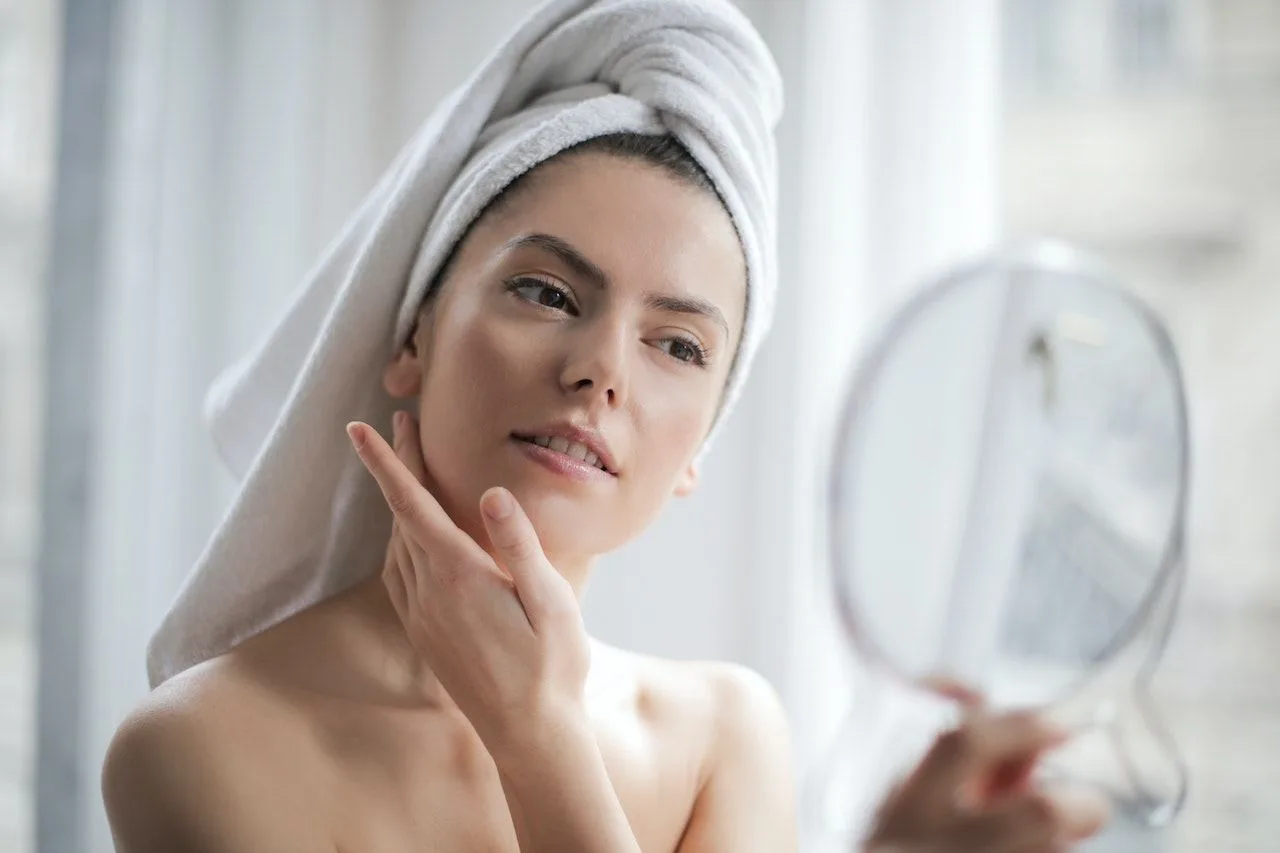
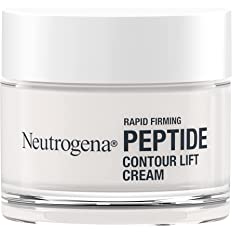
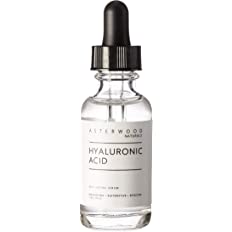
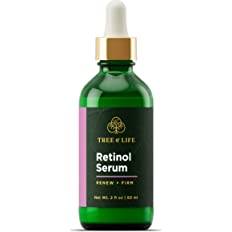
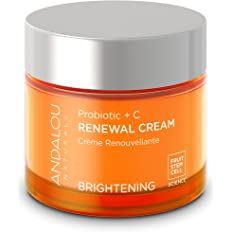
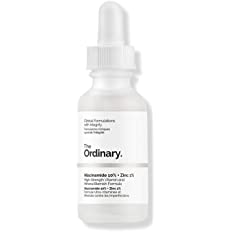
![women [longevity live]](https://longevitylive.com/wp-content/uploads/2020/01/photo-of-women-walking-down-the-street-1116984-100x100.jpg)










